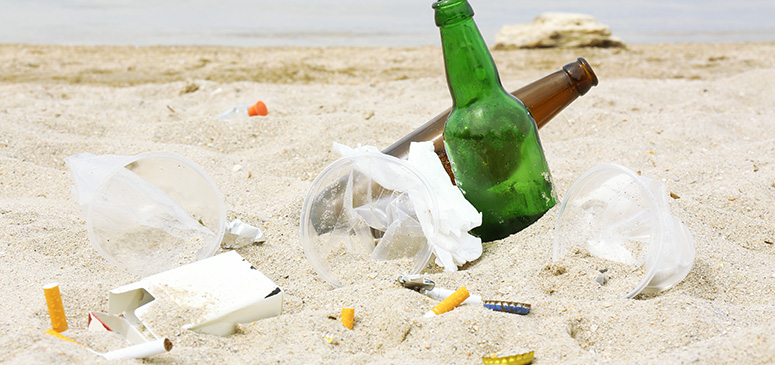An estimated 8 million metric tons of plastic enters our oceans each year, and over the last 30 years, over 220 million pounds of trash has been picked up from shorelines around the world. Of the numerous trash items found in our waters, the following are the most common:
- Cigarette Butts
- Food Wrappers
- Plastic Bottle Caps
- Plastic Beverage Bottles
- Beverage Cans
- Straws & Beverage Stirrers
- Glass Beverage Bottles
- Plastic Grocery Bags
- Metal Bottle Caps
- Other Plastic/ Foam Packaging
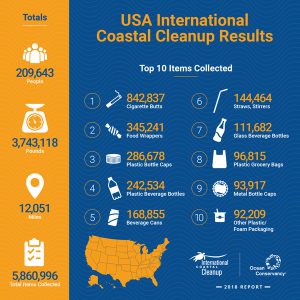
Tackling the problem of plastic and debris in the ocean begins on land. Starting today, be mindful and begin making steps to reduce, reuse and recycle by implementing the following:
 Tap It
Tap ItStop buying water and start carrying a reusable bottle
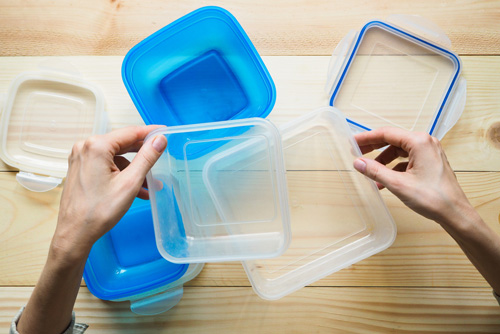 Single-Use Plastics
Single-Use PlasticsReduce your use of single-use plastics (i.e. straws, coffee cups, etc.) and begin using reusable containers.
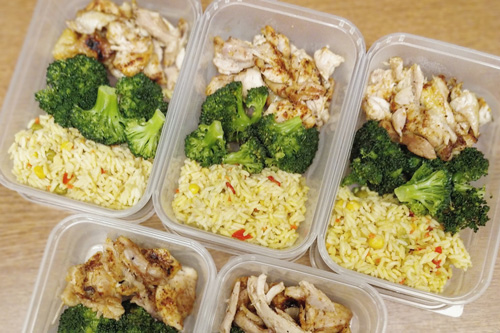 Cook More
Cook MoreMake your own meals at home or bring your own storage containers to reduce the number of takeout containers used when dining out.
 Buy Second Hand
Buy Second HandPurchase clothing, electronics and other household items second-hand to reduce the need for manufacturing and plastic packaging.
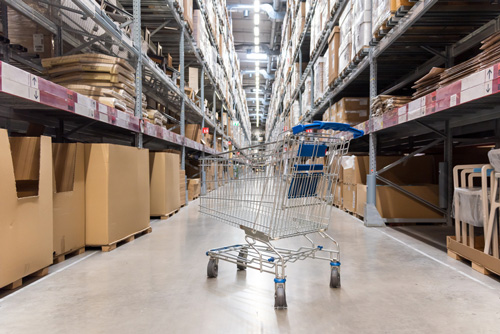 Bulk Up
Bulk UpAssess the number of items you buy often and begin purchasing them in bulk to reduce the amount of waste created from single-packaged items (i.e. single serving yogurts, toilet paper, food snacks).
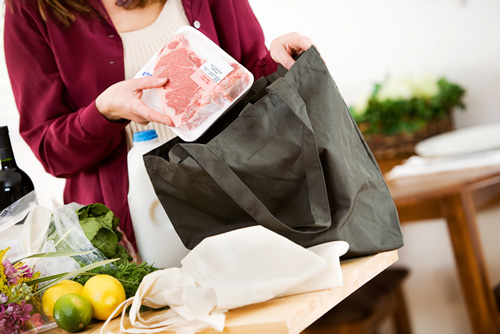 Grocery Essentials
Grocery EssentialsBring your own reusable shopping/produce bags on your next trip to the grocery store.
 Don’t Litter
Don’t LitterThink about the type of environment you want to live in the next time you’re debating taking those few extra steps to the nearest trash can.
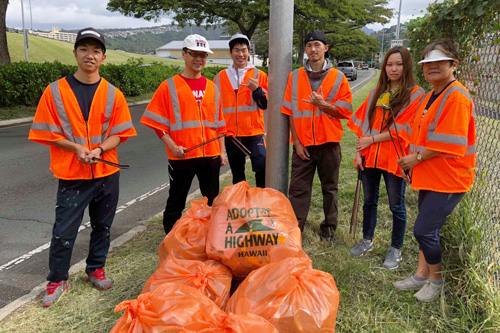 Get Involved
Get InvolvedParticipate in beach or community clean ups in your area.
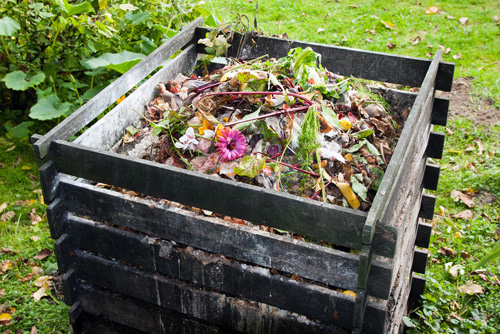 Compost Your Food Waste
Compost Your Food WasteWhen food ends up in a landfill, it may not always decompose properly and can emit methane and greenhouse gasses. Composting at home can help reduce the emission of these harmful substances.
Instead of using single-use parchment paper or foil when baking, use silicone mats that can be easily washed and reused instead.
Sources:

